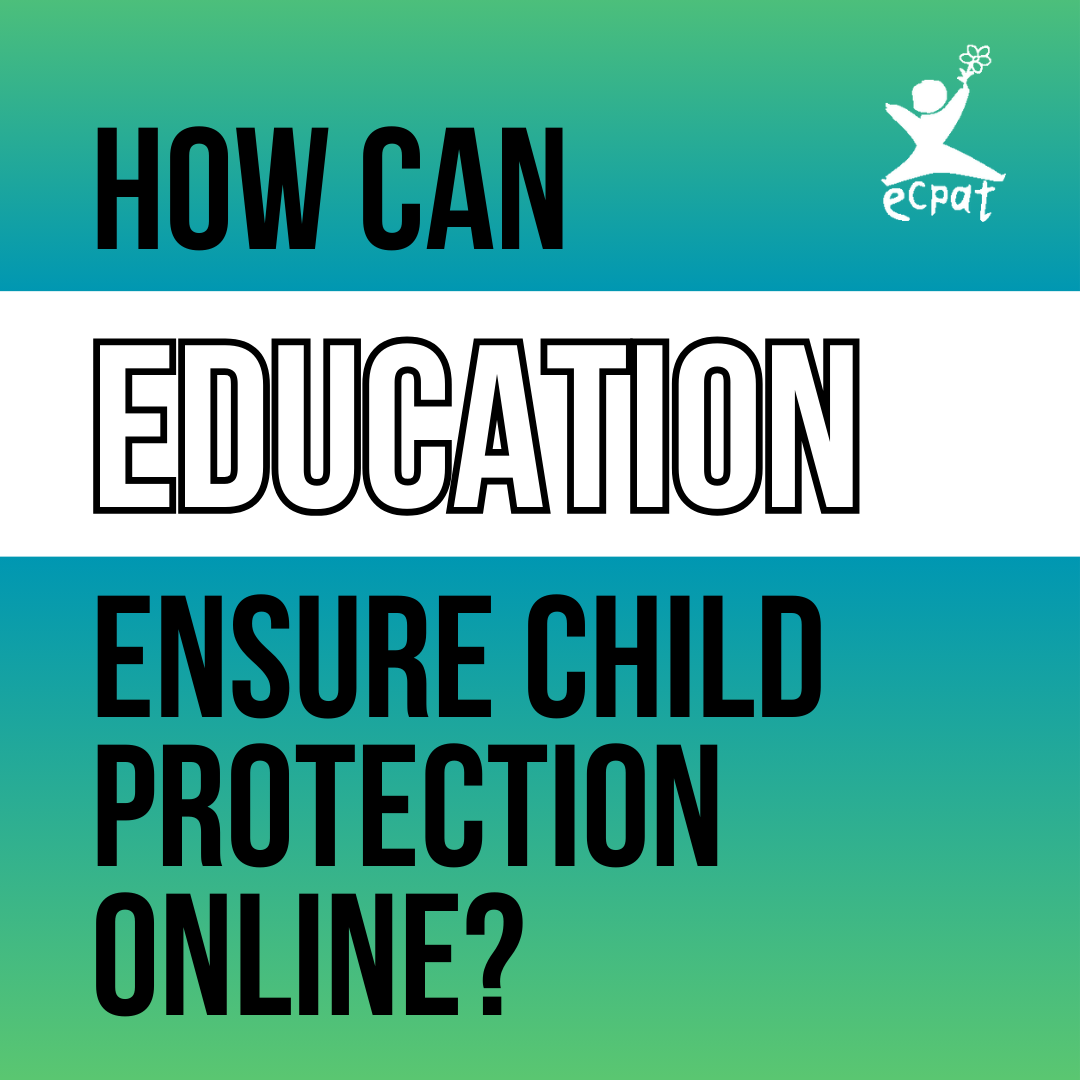In an era dominated by digital connectivity, understanding the role of education in preventing Online Child Sexual Exploitation and Abuse is essential. We can only solve a problem if we know it exists and how it manifests. We must act now to break the cycle of abuse and exploitation of children.

Research indicates that tens of thousands of children experience online sexual exploitation and abuse annually. Children targeted online often suffer from post-traumatic stress disorder symptoms, including shame, blame, and anger occurring years after the abuse. If not detected and removed through ongoing processes, child sexual abuse material can circulate online indefinitely.
Survivors’ stories underscore the need for effective and available support systems to address the long-term repercussions of these crimes and emphasize the importance of understanding and assisting survivors in rebuilding their lives. Read the full report. The first step to combat child sexual abuse online is becoming aware of its manifestations and preventing the harm before it happens.

People with harmful intentions often use the Internet and online spaces as a way to connect with children for sexual purposes. Initially, these interactions may appear innocent; adults with bad intentions typically seek only personal information from the child, establishing a bonding relationship with them. The insidious nature of grooming lies exactly in this strategy: the initial conversations may not raise immediate alarms, as the perpetrator strategically establishes trust with the child before asking for explicit sexual acts.
People who commit child sexual abuse may record and share online the images and videos of these crimes. They may also coerce children into producing these materials themselves, sometimes blackmailing them for more material or for money. These online interactions that can lead to abuse can expose children to risks from people all over the world, even though research shows that most abuse takes place in a child’s circle of trust.
Caregivers and concerned citizens don’t need to be tech or social media experts to prevent online abuse. The right approach to prevention lies in being engaged and interested in the digital lives of the children around you.

Furthermore, teachers and all professionals working directly with children must discuss online safety at school and know what to do when a child reports an incident. Schools should provide teachers and schools professionals with digital safety and child protection online trainings as part of a requirement for employees.
Responding to a child’s disclosure of abuse requires sensitivity. If that happens, remind the child it is not their fault and create an environment of trust and support. Specialist helplines and hotlines exist for immediate assistance, and collaboration with law enforcement is essential for effective intervention.
